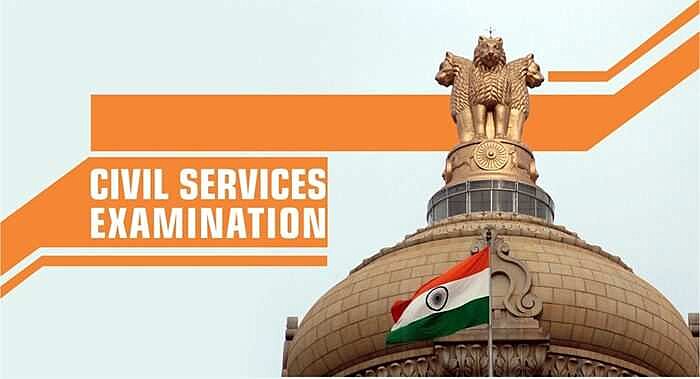Title: Divya v. Union of India, Vimlok Tiwari v. UPSC, Ved Prakash Singh v. UPSC
Decided on: 9th october 2023
Coram: Justices JK Maheshwari and Justice K.V. Viswanathan
Introduction
Three writ petitions filed by civil service aspirants was dismissed by the supreme court. The writ petition was filed challenging the decision of Union Public Service Commission in treating them as general category for not submitting the certificates regarding Economically Weaker Sections (EWS) category in the prescribed format within the cut off date.
Facts of the case
Divya dwivedi, vimlok tiwari and ved prakash singh, are candidates who were denied the benefits of the Economically Weaker Sections (EWS) reservation category in the 2022 Civil Service Examination filed writ petition in supreme court. Three individual petitions were combined and addressed by the court.
The petitioners had timely submitted the necessary income and asset certificate for the fiscal year 2020-21, the respondent informed them that their EWS certificates incorrectly mentioned the year 2021-22. They were advised to submit the original certificate with the correct financial year, 2020-21, during the interview. Subsequently, a clarification was issued by the competent authority, acknowledging a clerical error in the certificate and confirming that it should be interpreted as pertaining to the Financial Year 2020-21. The petitioners submitted their certificates with this clarification during the interview process, but ultimately, they were not selected in the final results.
UPSC has taken the action of not providing the benefit of reservation to the petitioners because these aspirants had failed to submit the required certificates pertaining to the Economically Weaker Section (EWS) category in the prescribed format before the given cutoff date for the 2022 Civil Service Examinations (CSE). The candidates are considered under the general category for the CSE by the UPSC.
Court analysis and decision
Supreme Court of India rejected the writ petitions combinedly stating that the UPSC was justified in rejecting the candidates’ claim for EWS quota for not submitting the requisite certificates before the prescribed cut off date in the specified format. Justices JK Maheshwari and Justice K.V. Viswanathan, held that the Civil Service Examination Rules 2022 have the force of law and it has upheld the constitutionality of the rules.
It was stated that the candidates claiming benefit of EWS category in the civil service examination 2022, acquire the eligibility only if they meet the criterion prescribed by the Central Government in the Office Memorandums of 2019 and are in possession of required income and asset certificates based on the year 2020-21.
As per the CSE Rules, it is essential for candidates to possess income and asset certificates as of february 2022. Failure to provide these certificates in the specified format will disqualify candidates from claiming eligibility under the EWS category. In addition, during the DAF-1 stage, candidates must submit the required documents online, in the prescribed format, based on their status as of February 2022, before the specified deadline. The bench concluded that the UPSC was empowered with its rights to establish both the document format and the cutoff date for document uploads.
“PRIME LEGAL is a full-service law firm that has won a National Award and has more than 20 years of experience in an array of sectors and practice areas. Prime legal fall into a category of best law firm, best lawyer, best family lawyer, best divorce lawyer, best divorce law firm, best criminal lawyer, best criminal law firm, best consumer lawyer, best civil lawyer.”
Written by- K R Bhuvanashri


